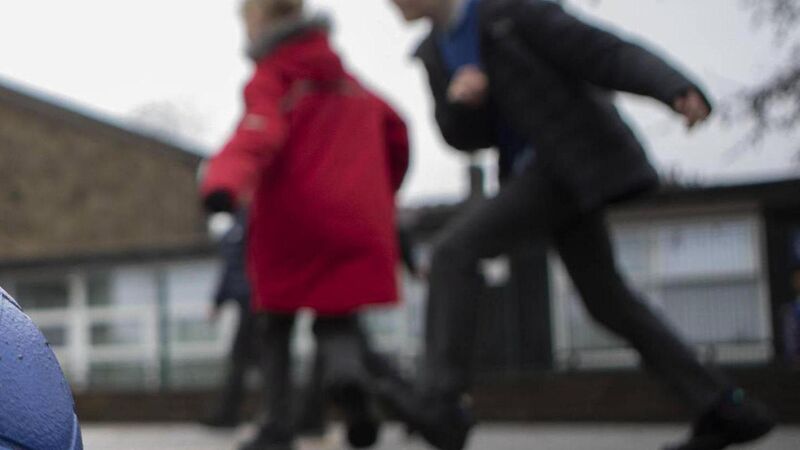Government's measures could go a long way to bridging education gap

The new Government also promises to expand the provision of after-school and childcare in school buildings and campuses. Picture: PA/Stock
The incoming Government promises to introduce powerful measures that could go a long way towards closing the gap for the students who need it most.
Tucked amongst the pledges to “demonstrate greater ambition” when it comes to Ireland’s education system, the draft programme for Government includes a pledge to introduce a needed Deis+ scheme and to create a new dedicated national therapy service for education — beginning with special schools.













